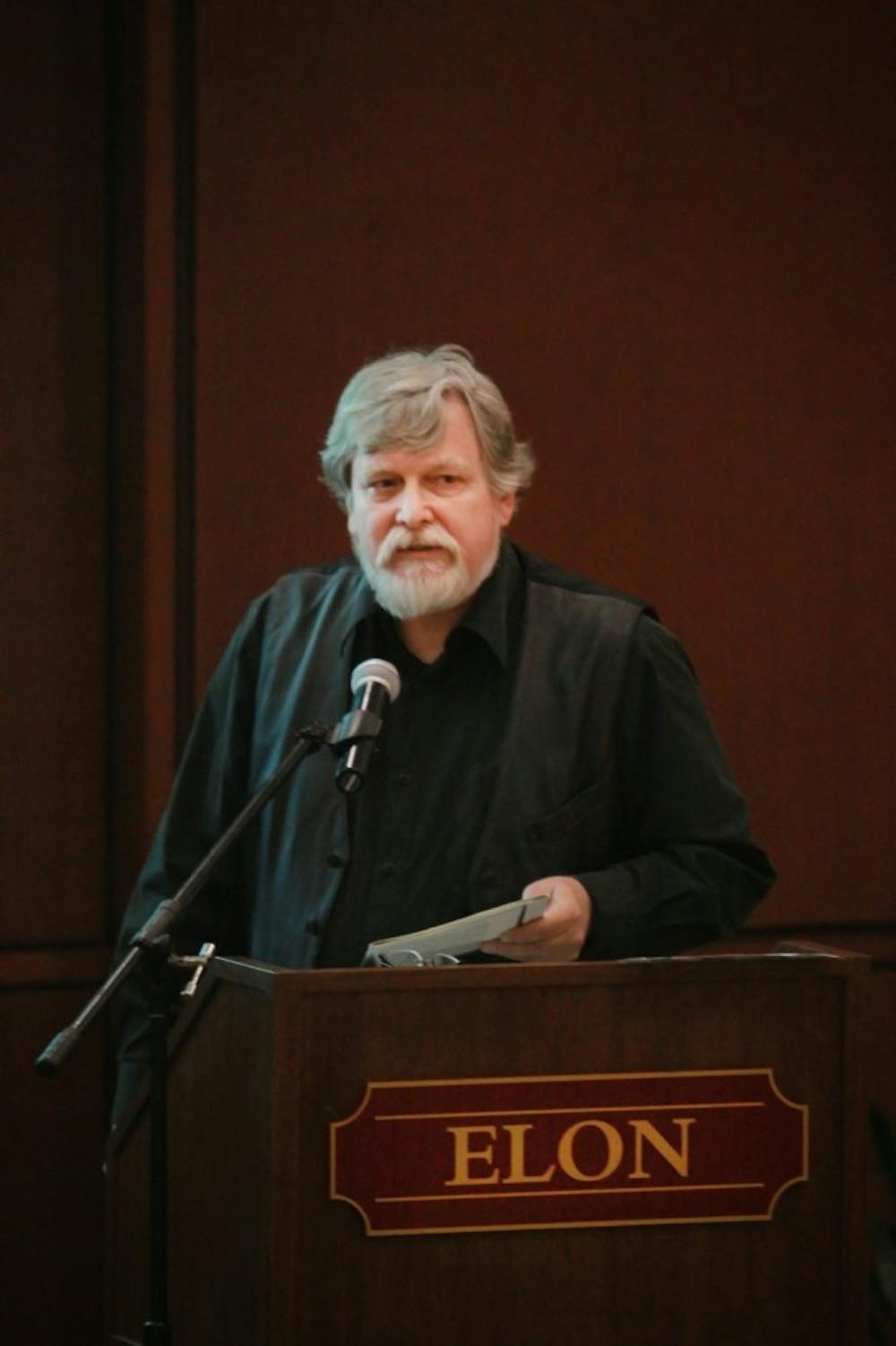It has 28 course offerings, 18 participating study abroad programs and 12 affiliate departments on campus.
But the Asian studies program at Elon University has only 38 students, which is an increase from the 17 who declared in 2009.
“I think the program is small simply because of the lack of popularity and the stigmas of Asians we have in America today,” sophomore Sarah Wells said.
Wells is an Asian studies minor interested in eastern religion. Although she said she believes the program is unpopular on campus, she sees great importance in studying eastern societies.
“I like the opportunity to study such a large and influential culture that contrasts greatly with the West,” she said. “Growing up in the southern United States, I knew little about Asian culture; basically I was ignorant about half of the world.”
Pamela Winfield, coordinator of Asian studies, has been trying to bolster the program. She said she believes understanding Asian culture is the key to success in the future of her students.
“The elephant in the room is China,” Winfield said. “It is the fastest growing economy in the world. If (students) want to recognize that nothing comes from nothing, we need to study the past.”
The importance of understanding the financial success of China is not lost on Asian studies minors. Sixty percent of students in the program are pursuing degrees in business, and according to Winfield, they need to.
“In Pakistan, Ramadan is a bad time to do business,” she said. “Students need to know these sorts of things. In International work, you need to know cultural cues.”
According to Paul Swanson, professor at Nanzan University in Japan, another reason for the necessity of the program is ending ignorance.
“Michele Bachmann said that Japan is an example of the dangers of socialized medicine,” Swanson said. “Where is she getting this information? Ending stereotypes about East Asia is important.”
Despite the motives behind the program, some students said they feel it isn’t supporting their needs.
The Asian studies minor only requires five courses, which is an insufficient amount of exposure for some.
“I never thought I’d want to major in Chinese, but now I really do,” freshman Madelon Craig said. “I don’t like the program as it is, I really want a major.”
Craig is not alone in her desire for a Chinese major. According to Craig, she has been working with sophomore Callan Spicher to bring Chinese programs to Elon, as either a major or minor.
“Callan is bringing petitions all over campus, but it’s hard because only students who are 100 percent certain they would major or minor in Chinese are able to sign,” she said.
Until a decision is reached, students will continue to use the Asian studies program as a gateway to China, and Winfield expects there to still be interest.
“The region is so important, in terms of diplomacy, economy, culture and history,” she said. “If you want to continue living in the world or working in any part of it, you’re going to need the knowledge and skill set this minor provides"


